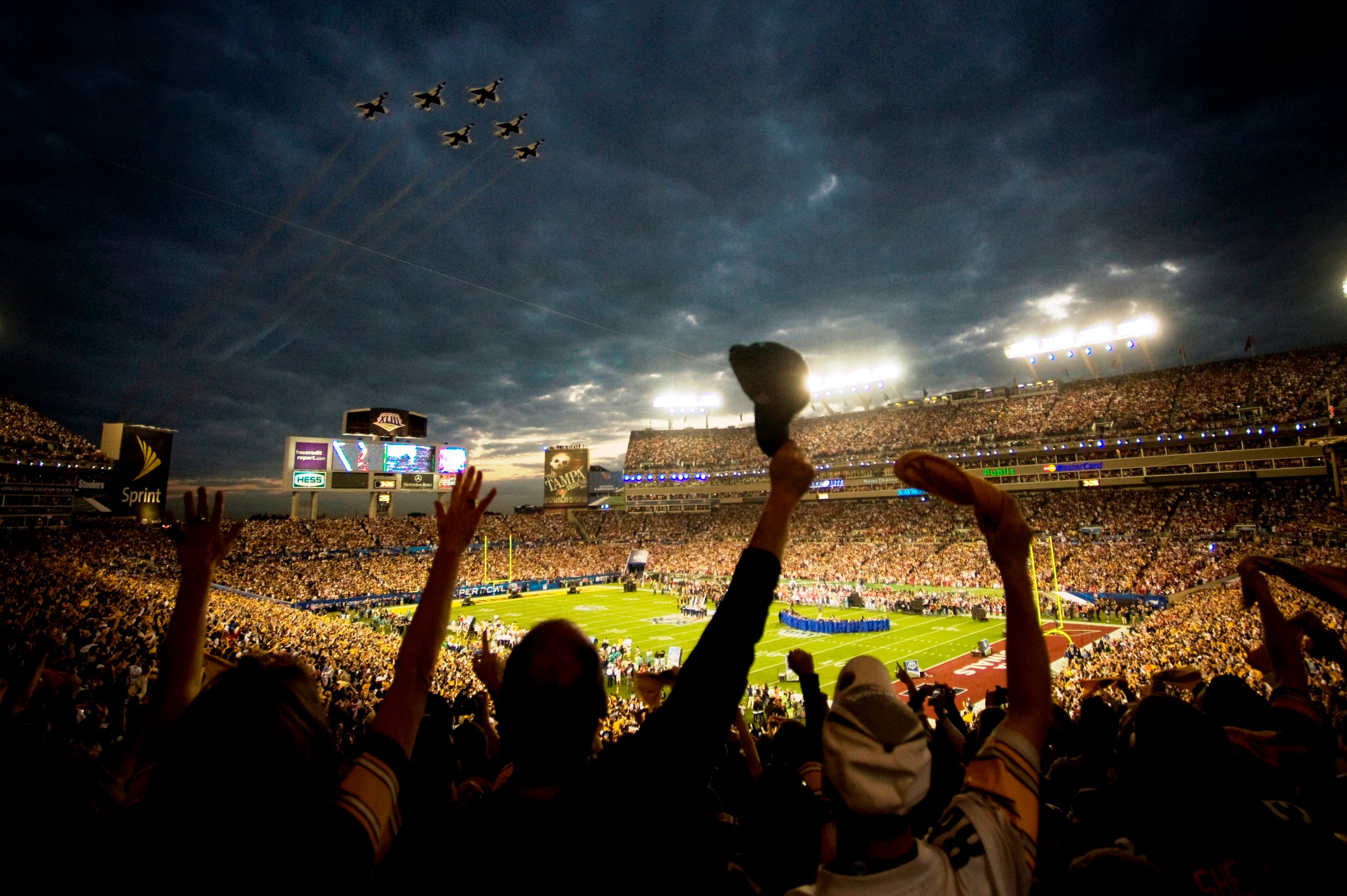In a country that has more people watching the Super Bowl each year than the presidential debates, admitting that you “don’t follow sports” can be a bit damning in certain contexts. But when the time finally comes to pick a team, the anxiety of making the right selection can seem overwhelming. The obvious choice might be to root for your home team, but what about when the opponents have no relevance whatsoever to your current city or anywhere else you’ve ever lived?
Take the Super Bowl of 2015, for example: New England Patriots vs. Seattle Seahawks. While it might have been easy for residents of the East Coast or the Pacific Northwest to choose a side, most of the other regions of the United States faced an extremely tough decision. Unable to rely on the usual crutch of geographic proximity, they searched for any connection that they could find, discovering surprising inner conflicts along the way. Seattle or Boston? Starbucks coffee or clam chowder? A classic Tom Hanks/Meg Ryan romance or Matt Damon’s impressive mathematical abilities at a Hahvahd bar? The questions were endless, which left me wondering what other factors needed to be taken into account besides the team’s home city. In order to narrow the scope a little, I will only offer commentary on teams within the MLB, NBA and NFL. I cannot assist in choosing a favorite hockey team because I am not Canadian.
One of the easiest ways to choose a favorite team is to rely on the uniform colors that appeal to you the most. Now this criterion may seem superficial and cursory, but it’s important to understand that there will often be moments in which the decision of “favorite team” must be made instantaneously. Say you enter a rowdy bar, only to find the house divided between the Los Angeles Lakers and the Oklahoma City Thunder. You’re not wearing either team’s color, so all eyes are on you, whether you like it or not. Rather than taking the time to look up standings and scores, it might be easier for everyone if you just admit you prefer gold over blue and help cheer on the Lakers.
Another valid method is to choose a favorite team based on the players themselves. If you find yourself craving a physical attraction in order to feel connected to a team, feel free to check out these very subjective rankings of the MLB, NBA, and NFL, which would give the San Diego Padres, the L.A. Clippers, the Cleveland Cavaliers and the New England Patriots some of the higher concentrations of handsome players. This method can indeed be time-consuming and obviously doesn’t work for everyone, but you can still look at teams as a sum of their individual players by watching postgame interviews for glimpses into each player’s personality.
Finally, we face the classic Shakespearean question: What’s in a name? If all else fails, it is worth critically examining the meaning behind the team name itself. The Washington Wizards, for example, seem accepting of Harry Potter fanatics, while the Cincinnati Bengals obviously promote awareness about endangered species, which might be worth supporting, even if they lose a few games. Other teams, like the Colorado Rockies, evidently appeal to nature lovers, while fashionistas will most likely flock to the Boston Red Sox, or even the Chicago White Sox if the game is before Labor Day.
All in all, there is no “wrong” team. Just don’t be overly vocal about the one you’ve chosen until it’s snagged a victory. This way, you can always switch sides if the score doesn’t seem to be going your way.
Contact Georgina Grant at gagrant ‘at’ stanford.edu.
